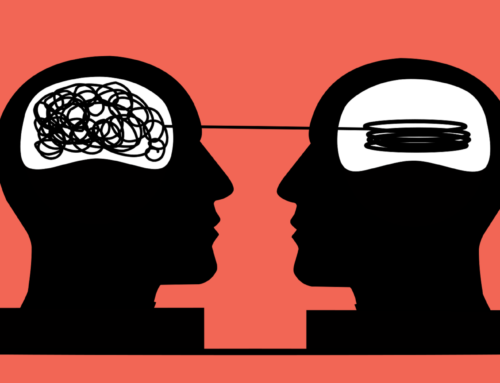It’s easier than ever to buy things online. It’s so easy that Ryan Cassata sometimes does it in his sleep. Cassata, a 24-year-old singer-songwriter and actor from Los Angeles, recently got a notification from Amazon that a package had been shipped to his apartment, but he didn’t remember buying anything. When he logged onto his account and saw that a fanny pack and some socks were on the way, he remembered: A few nights back, he had woken up in the middle of the night to browse—and apparently shop on—Amazon.
He shops when he’s awake, too, buying little gadgets like an onion chopper, discounted staples like a 240-pack of gum, and decorations like a Himalayan salt lamp. The other day, he almost bought a pizza pool float, until he remembered that he doesn’t have a pool. “I don’t really need most of the stuff,” he tells me.
Thanks to a perfect storm of factors, Americans are amassing a lot of stuff. Before the advent of the internet, we had to set aside time to go browse the aisles of a physical store, which was only open a certain number of hours a day. Now, we can shop from anywhere, anytime—while we’re at work, or exercising, or even sleeping. We can tell Alexa we need new underwear, and in a few days, it will arrive on our doorstep. And because of the globalization of manufacturing, that underwear is cheaper than ever before—so cheap that we add it to our online shopping carts without a second thought. “There’s no reason not to shop—because clothing is so cheap, you feel like, ‘Why not?’ There’s nothing lost in terms of the hit on your bank account,” Elizabeth Cline, the author of Overdressed: The Shockingly High Cost of Cheap Fashion, told me.
Shopping online also feels good. Humans get a dopamine hit from buying stuff, according to research by Ann-Christine Duhaime, a professor of neurosurgery at Harvard Medical School. “As a general rule, your brain tweaks you to want more, more, more—indeed, more than those around you—both of ‘stuff’ and of stimulation and novelty —because that helped you survive in the distant past of brain evolution,” Duhaime wrote in a Harvard Business Review essay last year. Online shopping allows us to get that dopamine hit, and then also experience delayed gratification when the order arrives a few days later, which may make it more physiologically rewarding than shopping in stores.
Sites like Amazon have made it especially easy to shop. In 1999, the Seattle retailer patented a one-click buying process, which allows customers to purchase something without entering their shipping address or credit-card info. It launched its Prime program in 2005, and now more than 100 million people have signed on to pay $119 a year for “free” two-day shipping. As a result, most other major retailers offer free shipping, too. Returning stuff is a little more difficult—shoppers usually have to print a label and then go to the post office or a UPS or FedEx site to return packages. Many wait too long, or decide the hassle isn’t worth it because the stuff was cheap anyway. A recent NPR/Marist poll found that nine in 10 consumers rarely or never return stuff they’ve bought online.
Justine Montoya, a caregiver in Los Angeles, buys all sorts of stuff online—baby formula, clothes, household goods. She estimates that she shops online twice a week. “It’s just so easy—you click a button, and it’s on its way,” she told me.
– Alana Semuels







Leave A Comment